Following several nights of widespread unrest in France, sparked by the fatal police shooting of a 17-year-old during a traffic stop, two major police unions issued a forceful call to action. Alliance Police Nationale and UNSA Police urged President Emmanuel Macron's government to provide immediate support and take decisive measures to quell the escalating violence.
The unions' joint statement, shared on social media, condemned the rioters as "savage hordes" and insisted on the need to "impose calm" and restore order. They warned that without adequate political backing, the police might be forced into "resistance." This strong rhetoric reflects the growing frustration and pressure felt by law enforcement officers on the front lines of the unrest.
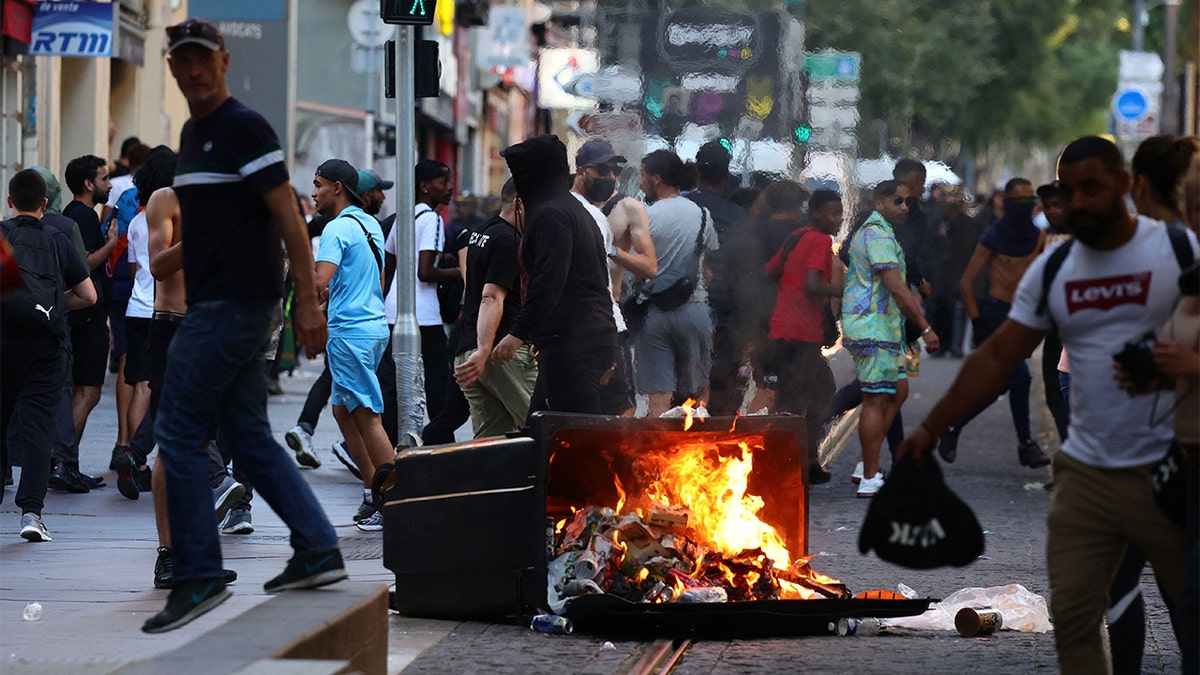
The head of the National Union of Autonomous Trade Unions distanced himself from the statement's aggressive tone, while some left-wing politicians criticized it. However, Richard Landes, a retired history professor currently in Paris, noted the statement's significance, contrasting it with the police response to the 2005 riots, which were triggered by the accidental deaths of two teenagers fleeing police. He suggested that the police's current stance reflects a growing sense of vulnerability and a perceived lack of support in the face of rising social tensions.
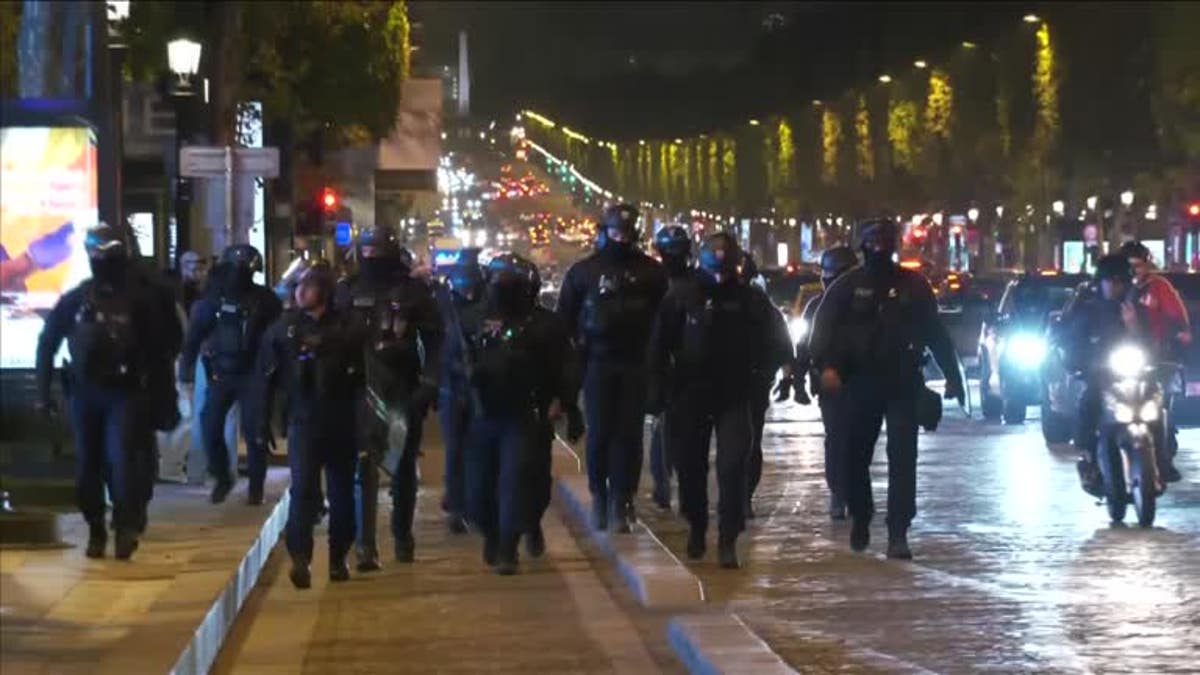
The government responded by deploying approximately 45,000 police officers to address the riots, which have seen widespread property damage and numerous injuries among both police and civilians. Over 3,000 arrests have been made. The officer involved in the initial shooting incident has been taken into custody and is under investigation for voluntary manslaughter. His lawyer contends the shot was unintentional, resulting from an accidental bump as the car accelerated.
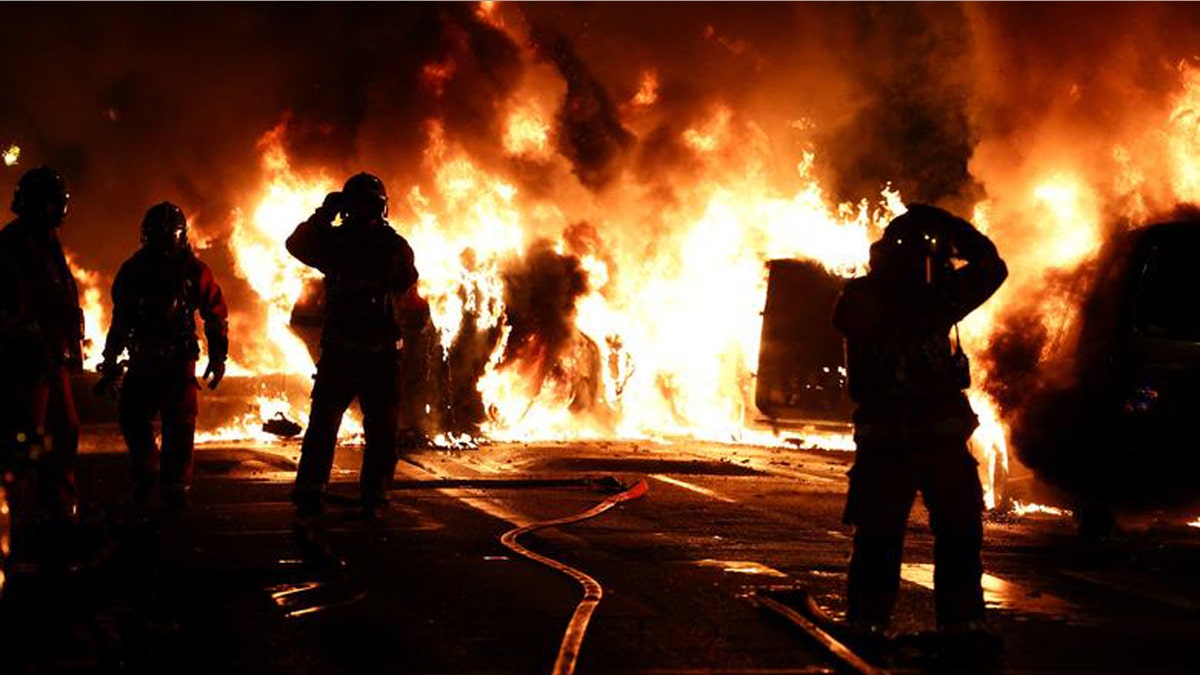
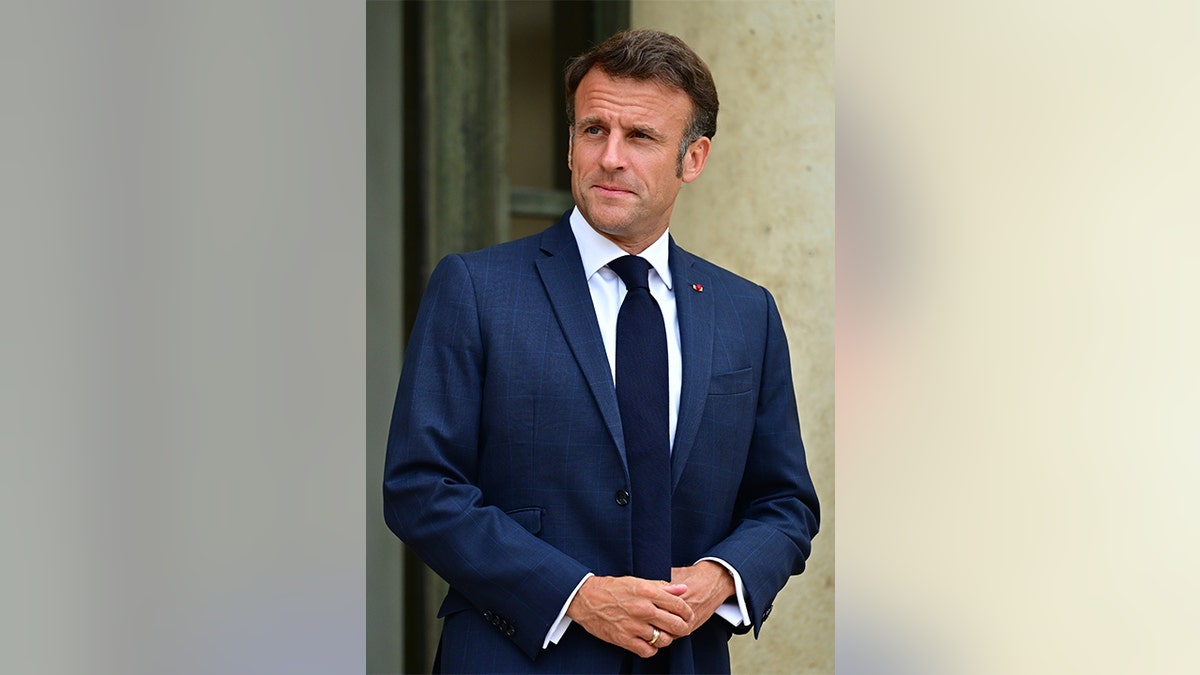
President Macron faced public criticism for attending an Elton John concert amid the unrest. However, the Interior Minister praised the police for their efforts in restoring calm. While acknowledging potential underlying grievances, Landes cautioned against justifying the violence and highlighted a complex interplay of factors, including social discrimination and cultural tensions.
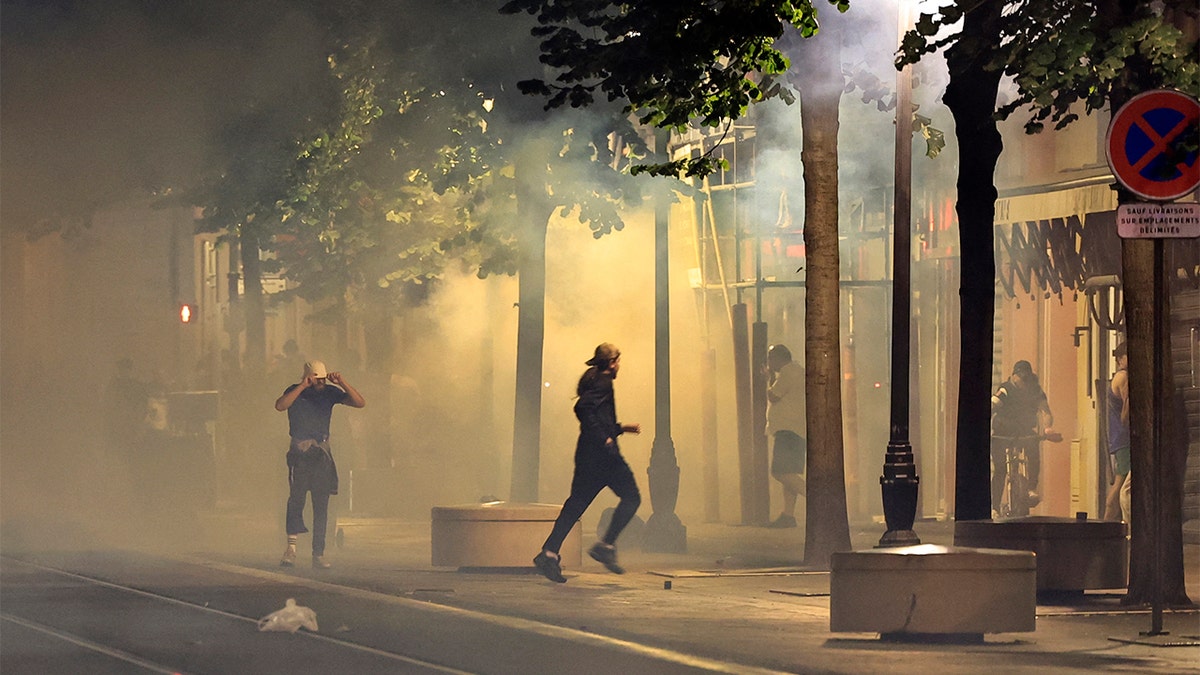
Comments(0)
Top Comments